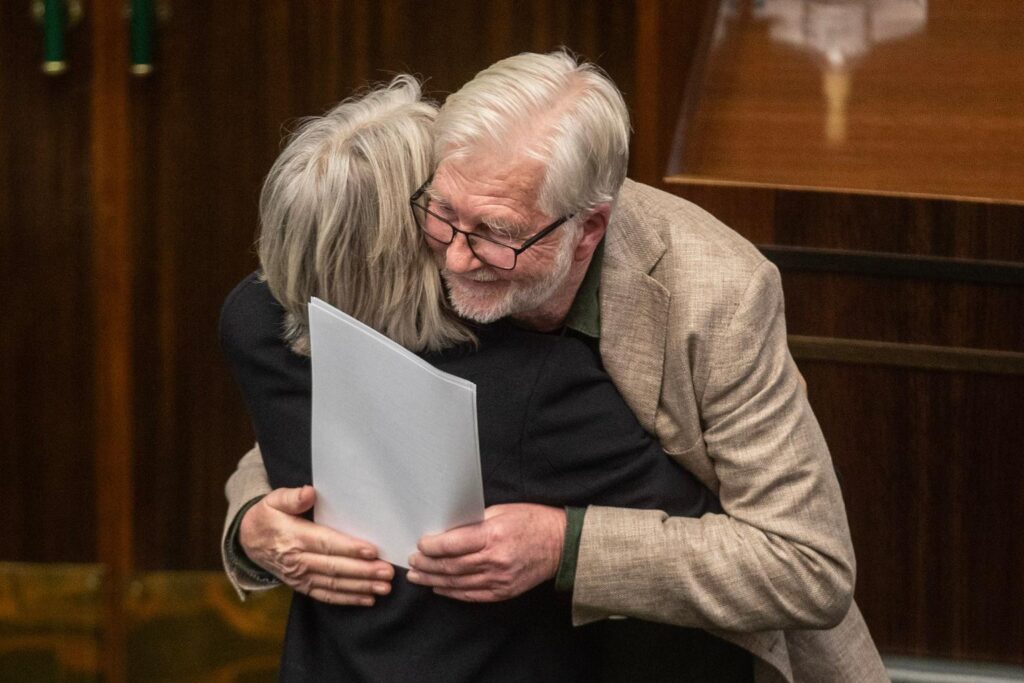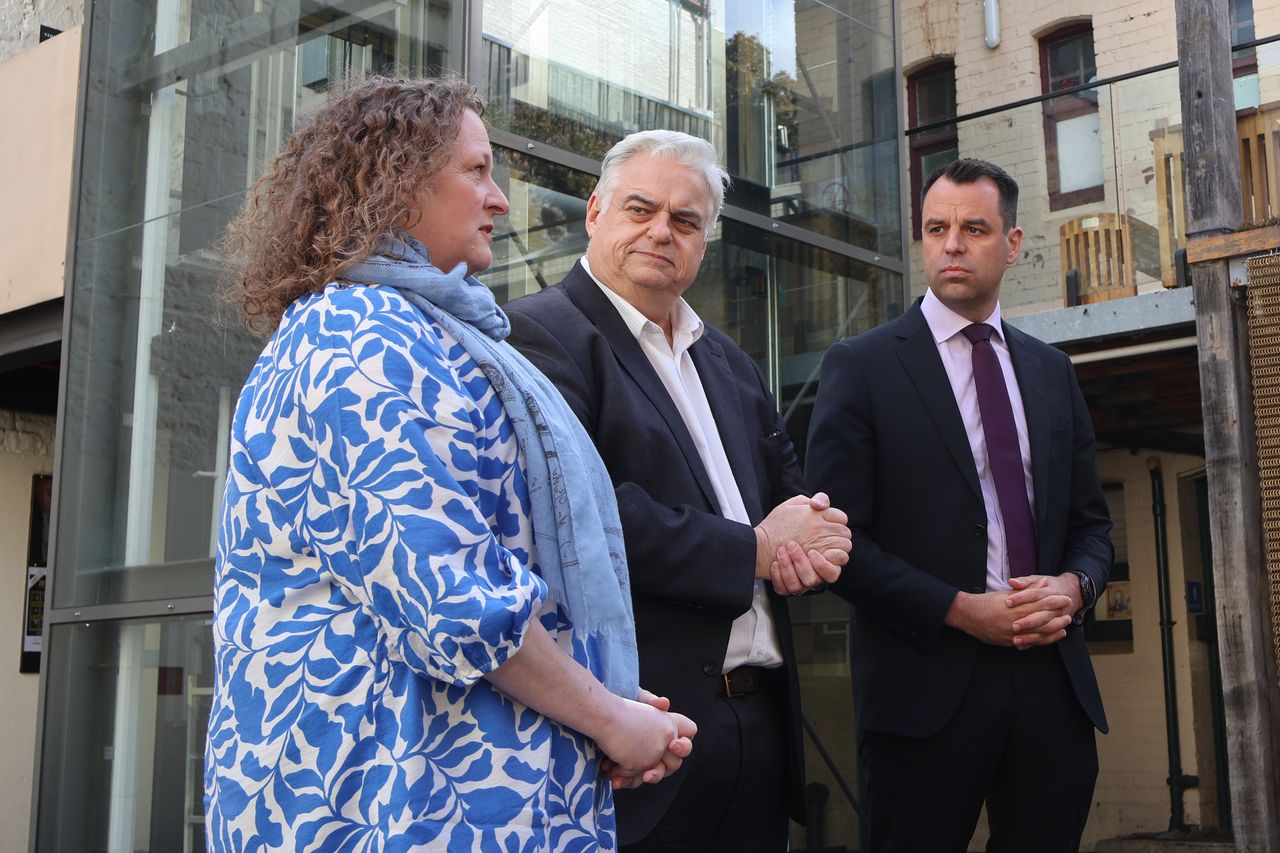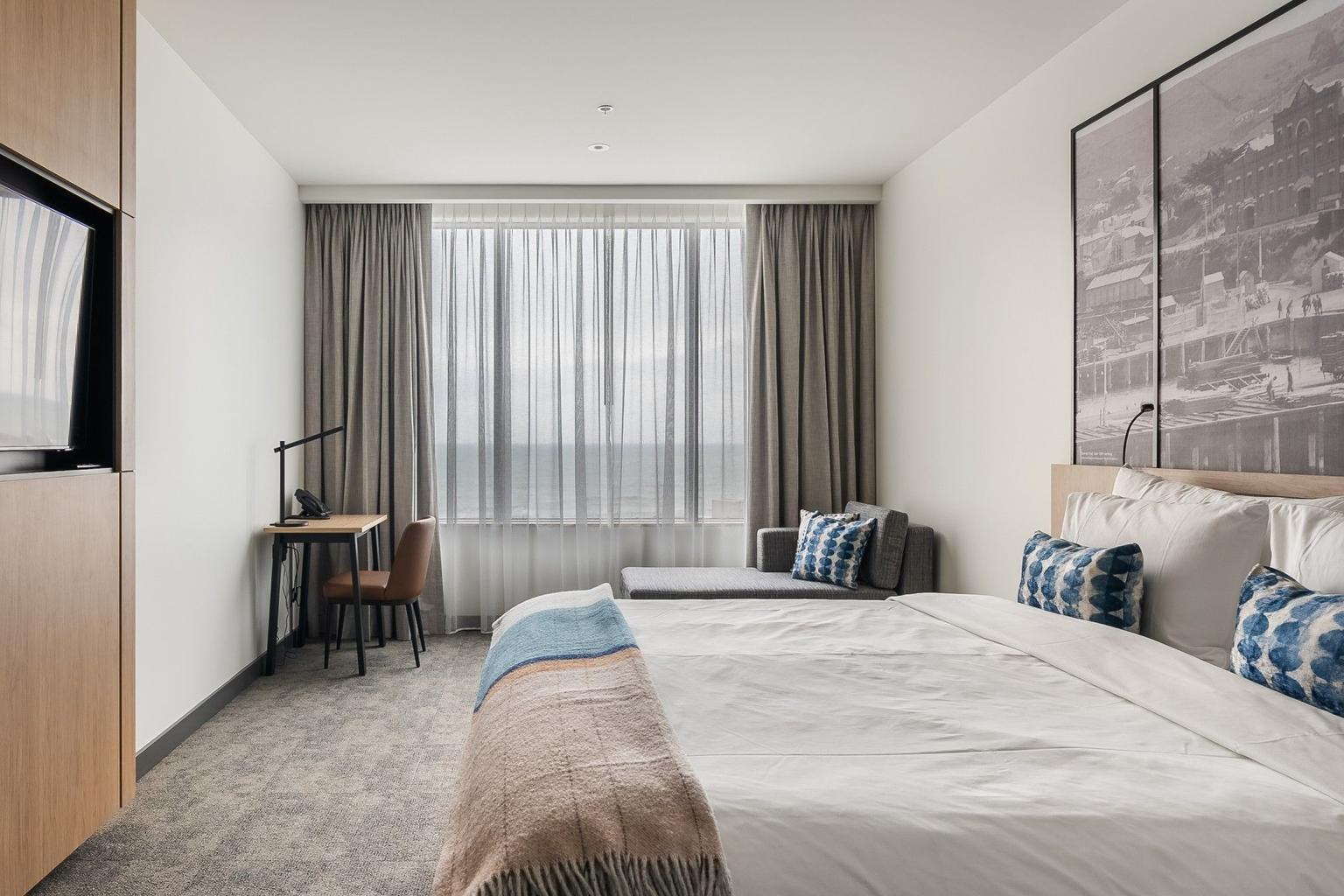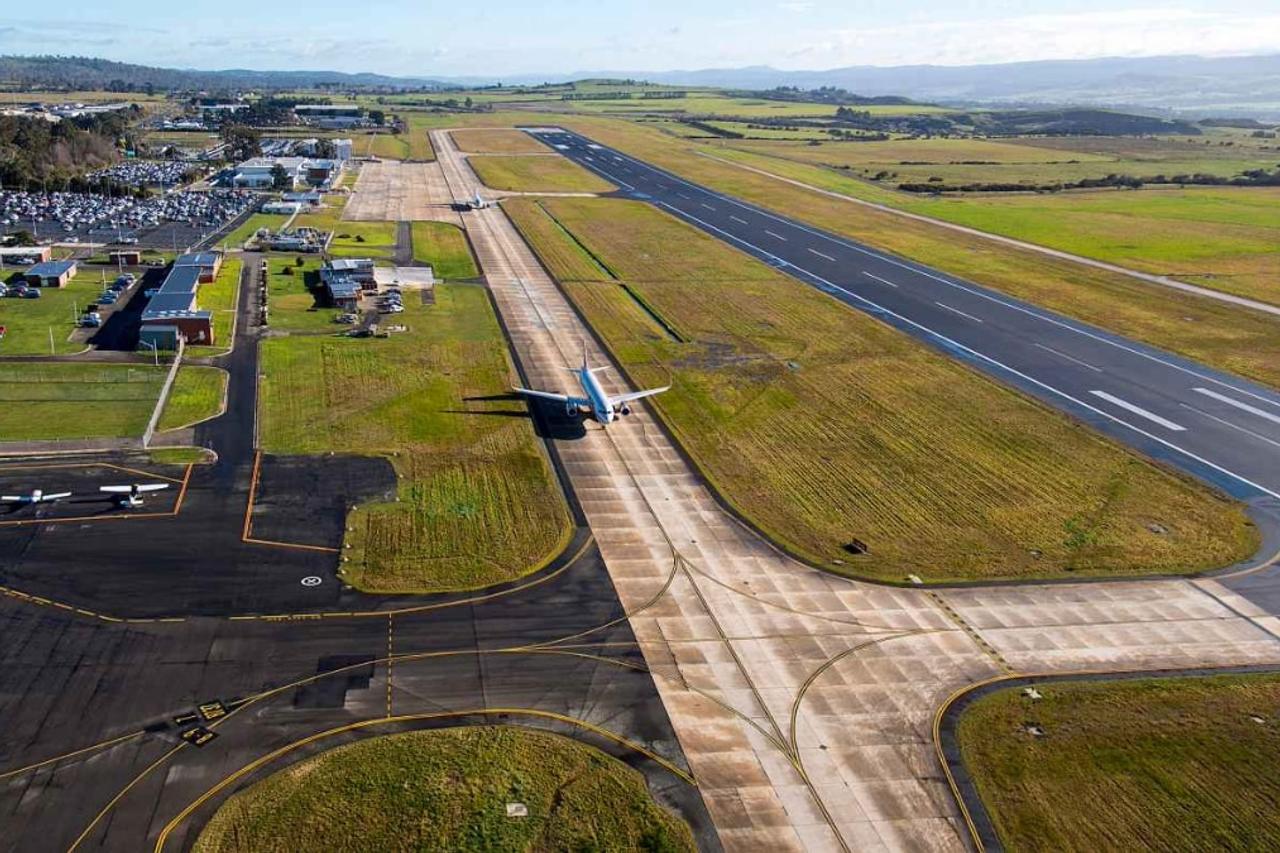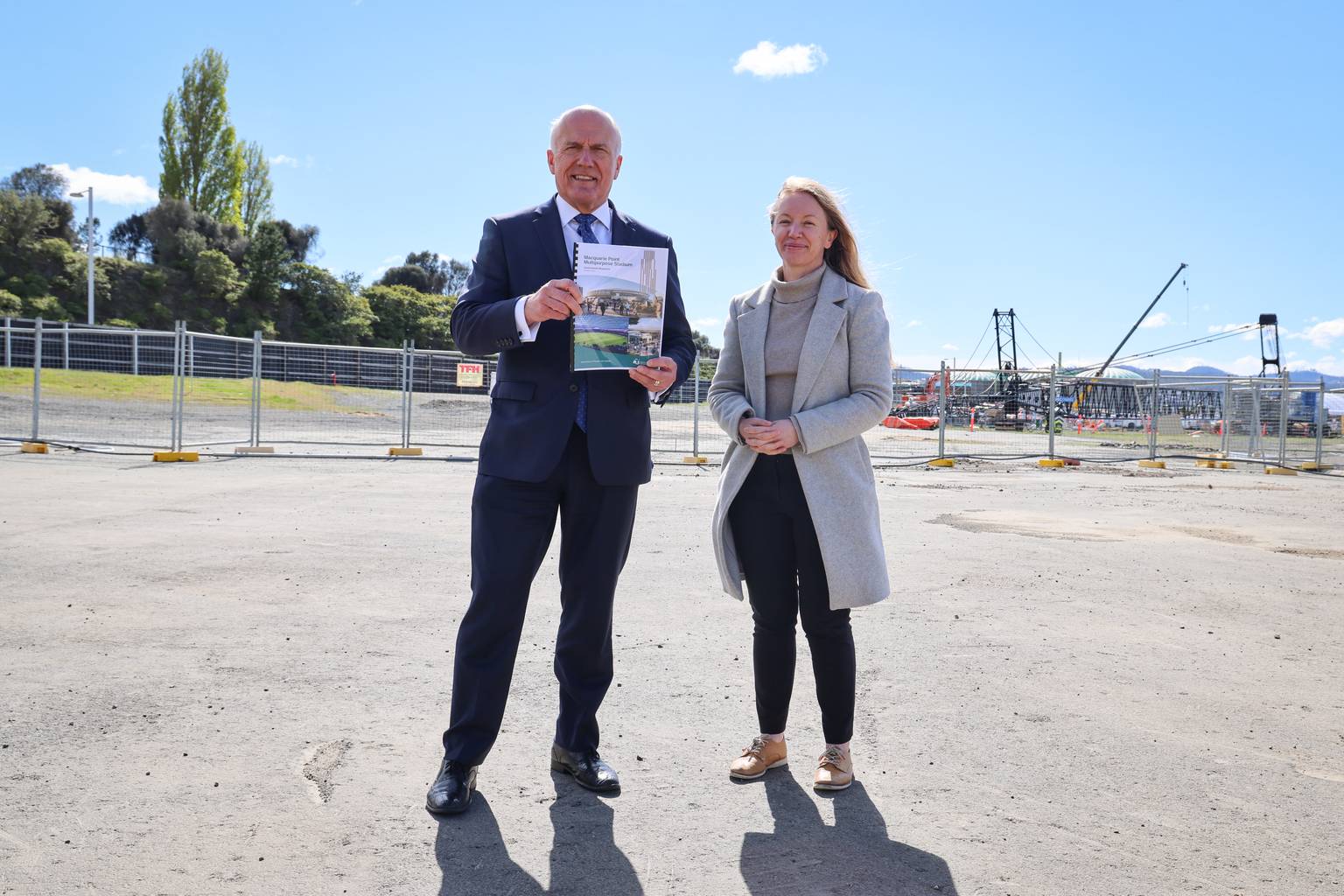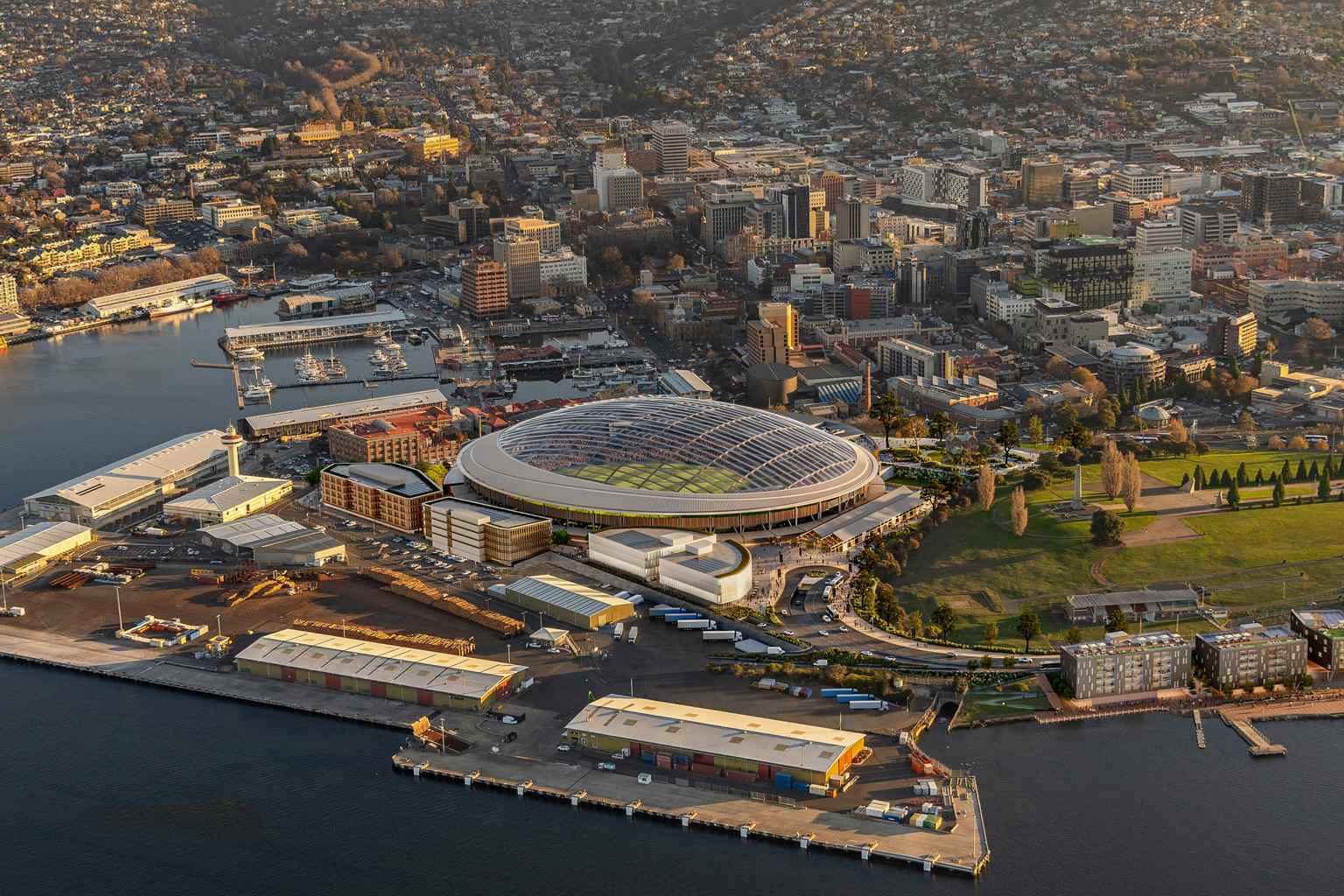Peter George has used his maiden speech in the Tasmanian parliament to take aim at both major parties over their handling of the salmon farming industry, while calling for a more collaborative style of politics.
The Franklin MP, who spent decades reporting on international conflicts before entering politics, said years of community concerns about salmon farming being ignored finally pushed him to stand.
George claimed his local federal MP had repeatedly avoided discussing salmon farming issues over a decade, which ultimately convinced him to pursue a political career.
“Had she once in 10 years accepted my community’s invitation to meet and explore our concerns about industrial salmon, I’d never have thought of standing in a federal or a state election,” he told parliament.
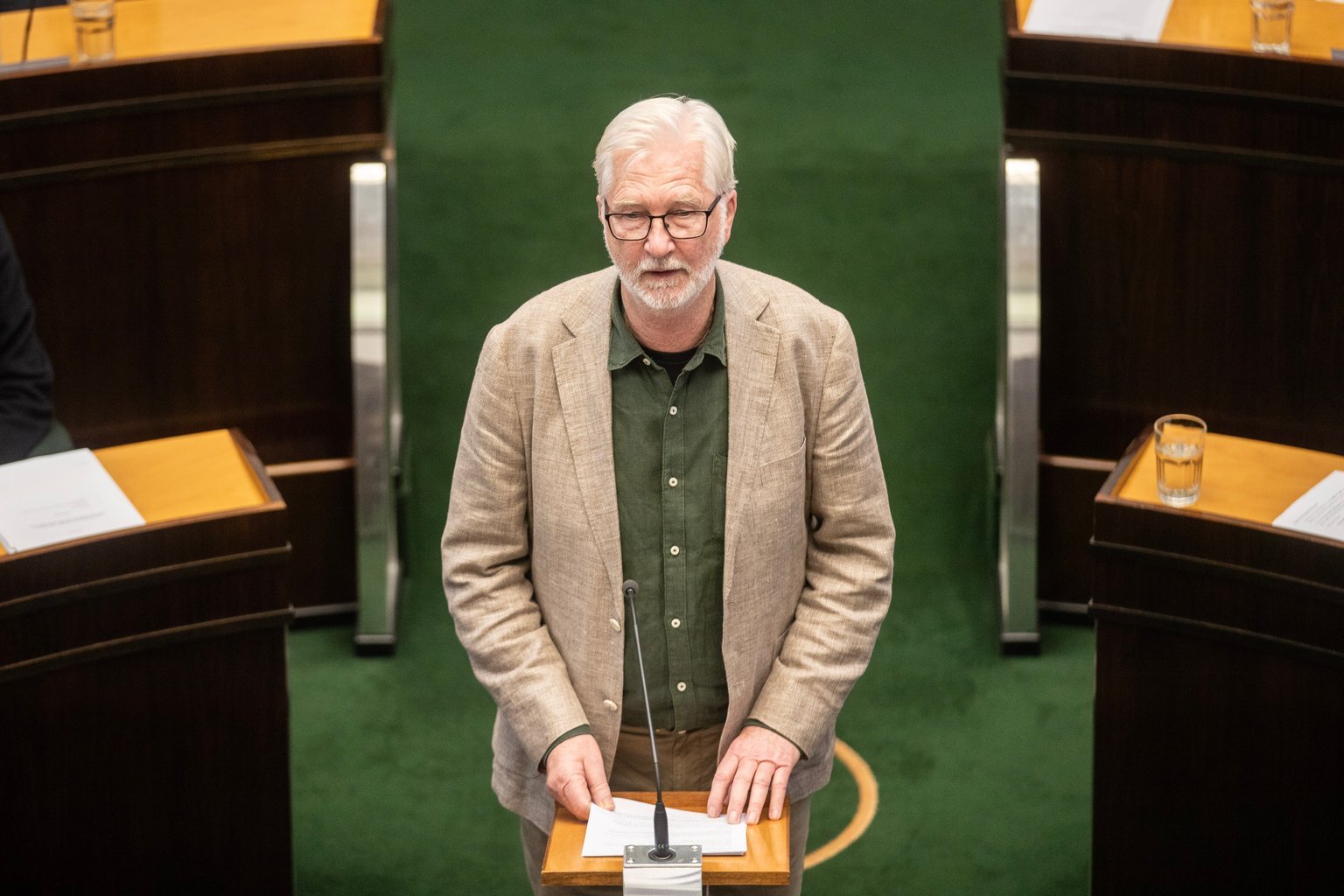
The independent MP was particularly critical of the response to mass salmon deaths over summer, which saw ‘fish chunks’ wash up on Tasmanian shores.
He argued politicians were too quick to back the industry while communities bore the environmental cost.
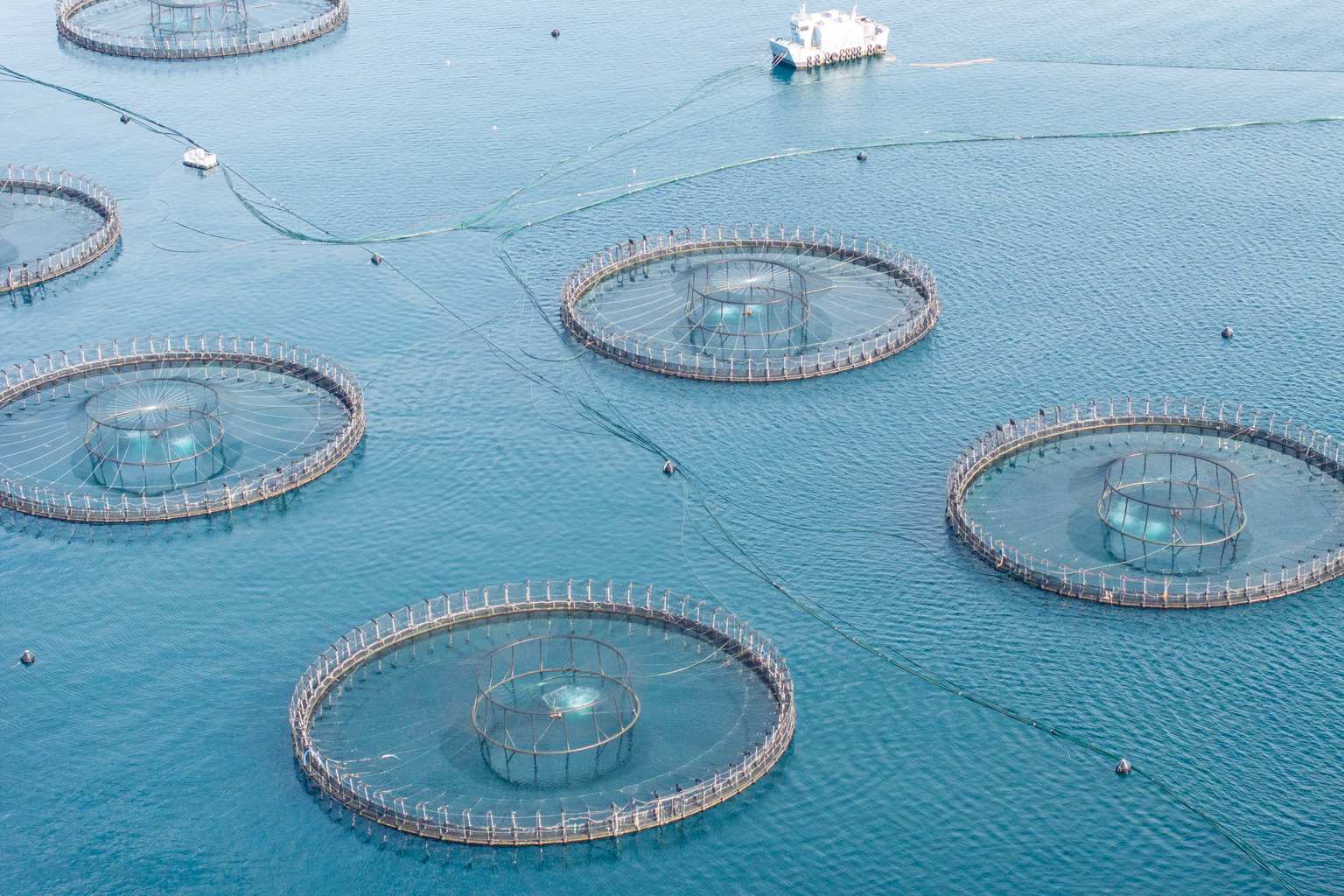
“Members of this house didn’t bother to visit distressed communities over summer,” George said.
“Yet they did find time to spruik for the multinationals whose disastrous practices led to disease, billions of dead salmon and antibiotic dumps in our waterways.”
George predicted salmon companies would eventually leave Tasmania under pressure from warming waters, disease outbreaks and declining public support.
He also questioned the government’s stadium priorities, describing the proposed Macquarie Point development as a “vanity project” at a time when housing and health services face serious strain.

“I can’t think of anything more irresponsible than a government and opposition collaborating to squander $1 billion or $2 billion on a vanity project like the Mac Point stadium,” he said.
Despite his criticisms, George signalled he was willing to work constructively with Premier Jeremy Rockliff’s minority government.
Drawing on his international experience, he argued more collaborative approaches could deliver better outcomes.
He outlined several reform priorities, including a properly resourced integrity commission, stronger government transparency and the introduction of human rights legislation.
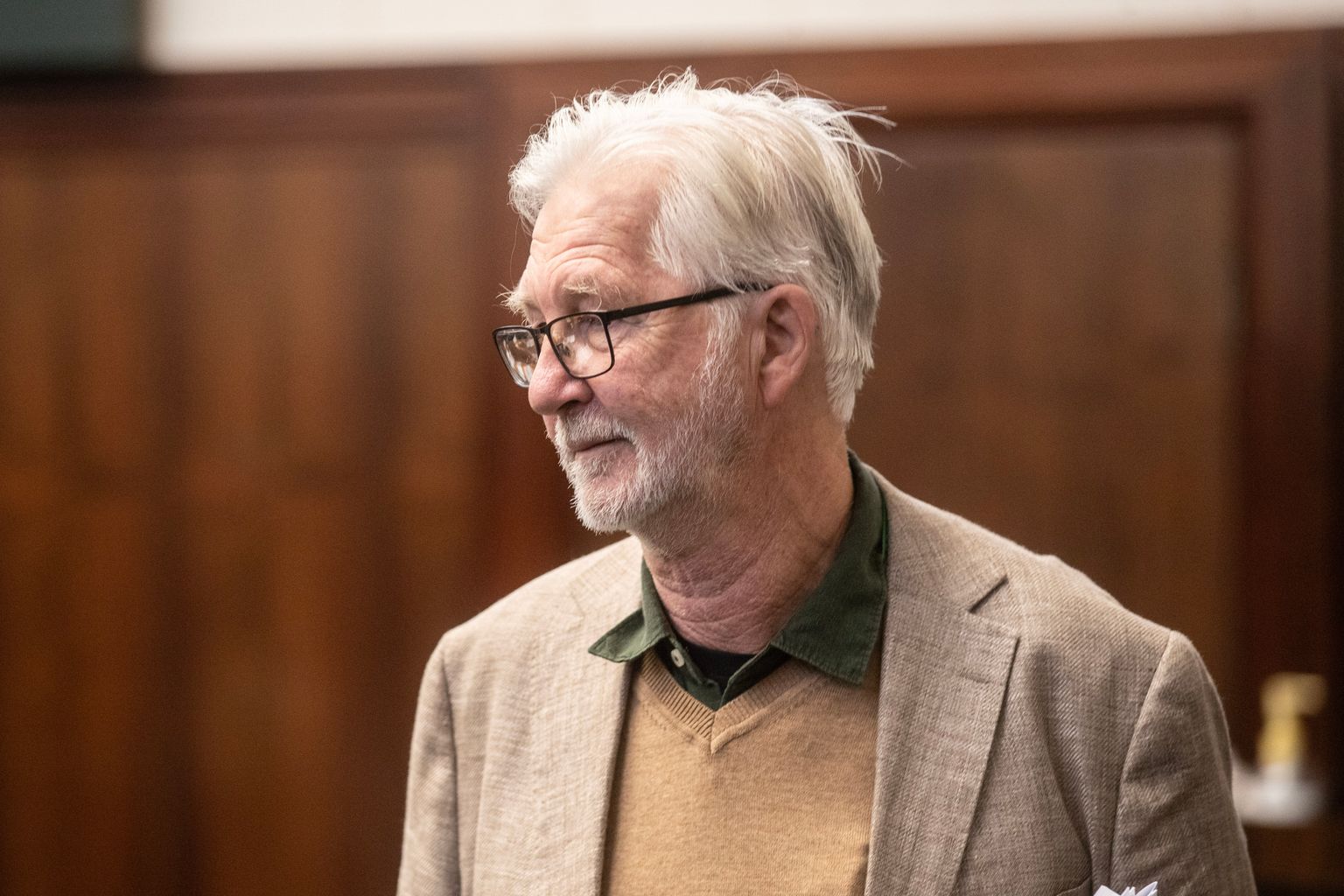
“Trust takes a long, long time to build and can be destroyed in moments. We will absolutely hold this government to account,” he said.
“Should our goodwill be abused, we will be ever more diligent, ever more forthright in our opposition. It’s what Tasmanians expect and it’s what they need.”

